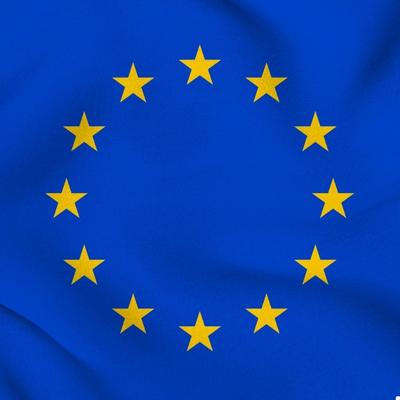

Published on Jun 30, 2025
European Commission competition chief Teresa Ribera dismissed reports that the EU might water down its digital antitrust rules in trade negotiations with the U.S. and criticized America’s own effort to rein in the power of Big Tech as slower and less effective than the bloc’s regime.
“We will not compromise […] around sovereignty and around regulation on how to work in our own market,” Ribera said when asked about White House pressure to delay or soften the enforcement of the Digital Markets Act (DMA). When it comes to discussions with U.S. counterparts, she said, “It is good to talk about technology. We don’t talk about sovereignty.”
In an exclusive interview with The Capitol Forum, Ribera insisted regulatory dialogue is essential, but that Europe won’t allow the U.S. to meddle in the implementation of the DMA, which so far disproportionately targets large American tech companies.
“We’ve learned that it may be cheaper, more efficient and more effective to have this upfront approach on what it means complying with the conditions to ensure a well-functioning market and the protection to consumers,” she said, adding that Donald Trump’s first administration was in “full conversation” with the EU when the DMA was being drafted.
She also pushed back on suggestions published in Germany’s Handelsblatt last week that the regulators in Brussels were working on putting together a committee aimed at consulting with its American counterparts on the implementation of the digital rules on U.S. companies. Those in breach of the rules can face fines of up to 10% of their annual global revenue. Asked if the reports were true, she said: “Not to the extent I know and I would say this is not part of any discussion.”
While commission spokespeople maintain the EU’s laws are off-limits, such reports have shaken the European technology sector, with groups representing startups and online businesses urging Ribera and her colleagues not to delay or weaken enforcement, arguing that doing so would undermine the bloc’s credibility.
Apple (AAPL), for its part, signaled on Thursday that it’s taking DMA enforcement seriously. The company unveiled a set of new rules for developers on iOS in an effort to avoid fines the company said would have amounted to over €50 million per day. The changes follow a €500 million fine in April for its infringement of a DMA rule that it allow app developers to freely guide users to promotions outside of the App Store. Apple has said it disagrees with the decision and will appeal it before a July 7 deadline, though the company said it has already paid the €500 million penalty.
Apple’s latest proposals include new ways for developers to “steer” users to offers outside the App Store, and a two-tier fee structure for those sales, along with a 2% “initial acquisition fee.”
The changes didn’t quell criticisms from Apple opponents such as the Coalition for App Fairness, which represents Spotify (SPOT) and Epic Games, along with a few dozen others. The group described the company’s moves as “illegal” and “sham compliance.” Epic Games CEO Tim Sweeney echoed the backlash, calling Apple’s conduct “blatantly unlawful” in a post on X.
To Ribera, however, Apple’s modifications are a positive signal. Of course, Apple has the right to appeal, she noted, even if the process could drag out over years.
“There’s this message coming up from a Big Tech [company] saying, ‘Yes, of course, we understand that we need to comply, whether we like [it] or not , whether we think it is fair, or not.’”
The DMA, in her eyes, is at least moving much faster than the American efforts to inject competition into digital markets. The EU’s ex ante regime aims to prevent bad behavior rather than chasing after it over years of litigation.
In the U.S., meanwhile, “they do very similar things with an ex post approach, so a much longer time to identify what may be the wrong behavior,” Ribera said. “So it takes very long, and in such a quick evolution in the digital context, it may arrive too late. It is much more effective, efficient and cheaper […] to come up with this upfront definition of the conditions, and I think that, well, it is working.”